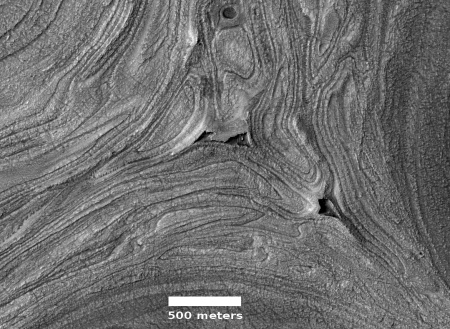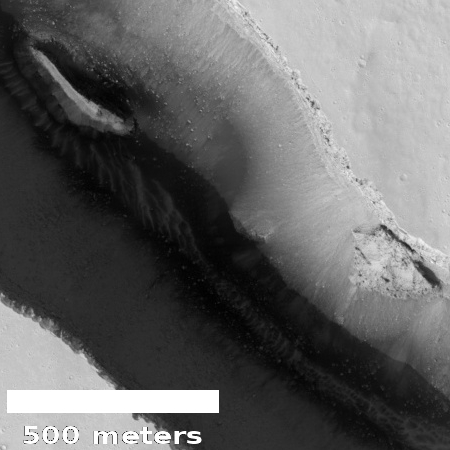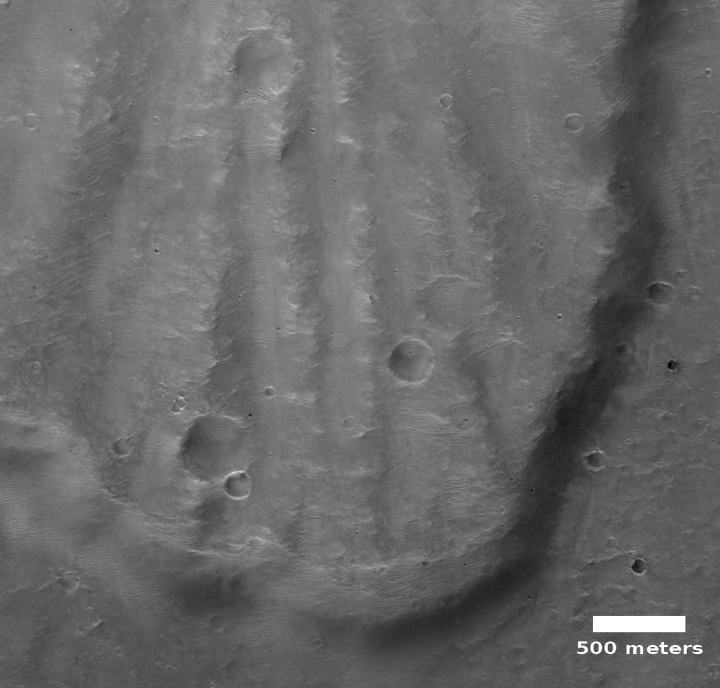Solar scientists: sunspot increase in next solar cycle
The uncertainty of science: Using new computer models, two solar scientists are now predicting that the next solar cycle will begin in about a year and will see an increase in sunspot activity, compared to the weak cycle just ending.
Their ensemble forecast surprisingly suggests it could even be stronger than the cycle which is just ending. They expect the next cycle to start rising in about a year following the end of the current sunspot cycle minimum and peak in 2024. Bhowmik and Nandi predict space environmental conditions over the next decade would be similar or slightly harsher compared to the last decade. They find no evidence of an impending disappearance of sunspot cycles and thus conclude that speculations of an imminent Sun-induced cooling of global climate is very unlikely.
Their conclusion is different than other predictions that are claiming a weak next cycle, or even the beginning of a grand minimum, with no suspots at all. Since an real understanding of the sunspot cycle remains elusive, and all these predictions rely on computer models, it is hard to say which will be right. The advantage this particular prediction has is that their model appears able to match what has happened for the past 100 years.
Stay tuned.
The uncertainty of science: Using new computer models, two solar scientists are now predicting that the next solar cycle will begin in about a year and will see an increase in sunspot activity, compared to the weak cycle just ending.
Their ensemble forecast surprisingly suggests it could even be stronger than the cycle which is just ending. They expect the next cycle to start rising in about a year following the end of the current sunspot cycle minimum and peak in 2024. Bhowmik and Nandi predict space environmental conditions over the next decade would be similar or slightly harsher compared to the last decade. They find no evidence of an impending disappearance of sunspot cycles and thus conclude that speculations of an imminent Sun-induced cooling of global climate is very unlikely.
Their conclusion is different than other predictions that are claiming a weak next cycle, or even the beginning of a grand minimum, with no suspots at all. Since an real understanding of the sunspot cycle remains elusive, and all these predictions rely on computer models, it is hard to say which will be right. The advantage this particular prediction has is that their model appears able to match what has happened for the past 100 years.
Stay tuned.
















